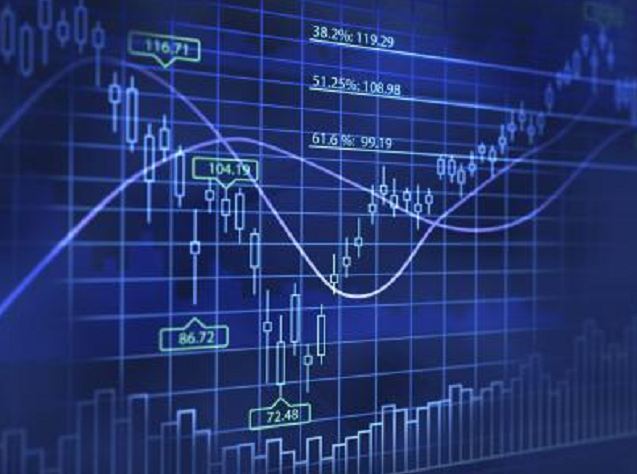
Former Russian Finance Minister and investor favorite Alexei Kudrin is in talks with Vladimir Putin and other top officials about returning to a senior post to help deal with worsening economic troubles, according to three people familiar with the discussions.
Kudrin has met privately with the Russian president and Prime Minister Dmitry Medvedev as recently as last week to discuss the plans, though no formal offer has yet been made, the people said.
The talks are the most advanced since Kudrin, widely respected by investors for his fiscal discipline and commitment to market reforms, quit as finance minister in 2011, the people said. A decision could come early next year, they said.
“I met with Prime Minister Dmitry Medvedev last week. We discussed economic issues. An invitation to join government service was not discussed,” Kudrin said through spokesman Pavel Kuznetsov, who declined to comment further.
Kudrin’s return to a senior post would likely be welcomed by business and investors alike, who credit him with imposing the budget discipline that’s helped Russia weather the economic crisis so far.
“He’s not being appointed to anything yet,” Kremlin spokesman Dmitry Peskov said, declining further comment.
The ruble traded little changed at 72.2562 against the dollar at 5:41 p.m. in Moscow, following three days of declines, as oil prices halted losses.
“Markets will like Kudrin’s return to government as they will assume this means serious fiscal consolidation and some significant and much-needed structural reform — if Putin lets him take on the ‘power vertical,’ ” Tim Ash, head of emerging- market strategy at Nomura in London, said by e-mail, referring to the Kremlin’s top-down system of rule.
Investors would likely cheer his appointment as a potential sign of economic and political reform, though “there is serious doubt about what real capability Kudrin would have to change policy,” Vladimir Tikhomirov, chief economist at BCS Financial Group in Moscow, said by phone. “I don’t think his return would seriously influence things.”
Within the government, the effort to bring Kudrin back reflects a realization among top leaders that the economy, pressured by falling oil prices, is likely to worsen further, despite public assurances by Putin that the peak of the crisis is past, according to senior officials.
Russian business leaders have lobbied for the appointment in discussions with senior government officials, as well as with Kudrin himself, according to people familiar with the conversations.
Among the posts under consideration for Kudrin are a senior slot in the presidential administration, where he would coordinate economic policy, and a position as a top deputy to Medvedev, according to the people familiar with the situation. No final decision has been made and there are some important Kremlin figures opposed to Kudrin’s return, the people said.
A prominent economist and longtime Putin ally, Kudrin left his job as finance minister and deputy prime minister in September 2011 after a dispute with Medvedev, who was then president, over budget priorities in which he publicly opposed plans for major increases in military spending as unaffordable. Since leaving government, he has run a think tank and continued to advise Putin on economic policy, often criticizing Kremlin initiatives.
Speaking on condition of anonymity, one senior government official warned earlier this month that the government has only a few months before worsening economic conditions begin to fuel social unrest. That could be a particular threat for the Kremlin as it heads into parliamentary elections in September and a presidential poll in 2018.
Russian Economy Ministry data released Monday showed that the contraction accelerated again in November, falling 4 percent from a year earlier. Wages are down 9.2 percent so far this year.
In an interview with the Interfax news agency published Monday, Kudrin, 55, called for more steps to reduce regulation and ease the climate for business. He also questioned the government’s use of economic sanctions, such as those imposed against Turkey after the downing of a Russian bomber along the Syrian border in November.
“I was surprised to hear that the government said its anti- crisis program had significantly neutralized external risks,” Kudrin said, according to Interfax. “That’s wrong.”
He warned that hopes that the economy had hit bottom this fall proved premature as oil prices continue to decline, adding that inflation is likely to be higher than forecast because of the sharp drop in the ruble’s exchange rate in December.
Kudrin also reiterated his longtime criticism of high military spending, noting that while the air campaign in Syria is likely to be relatively low cost, procurement of new weapons is a major burden on the budget.